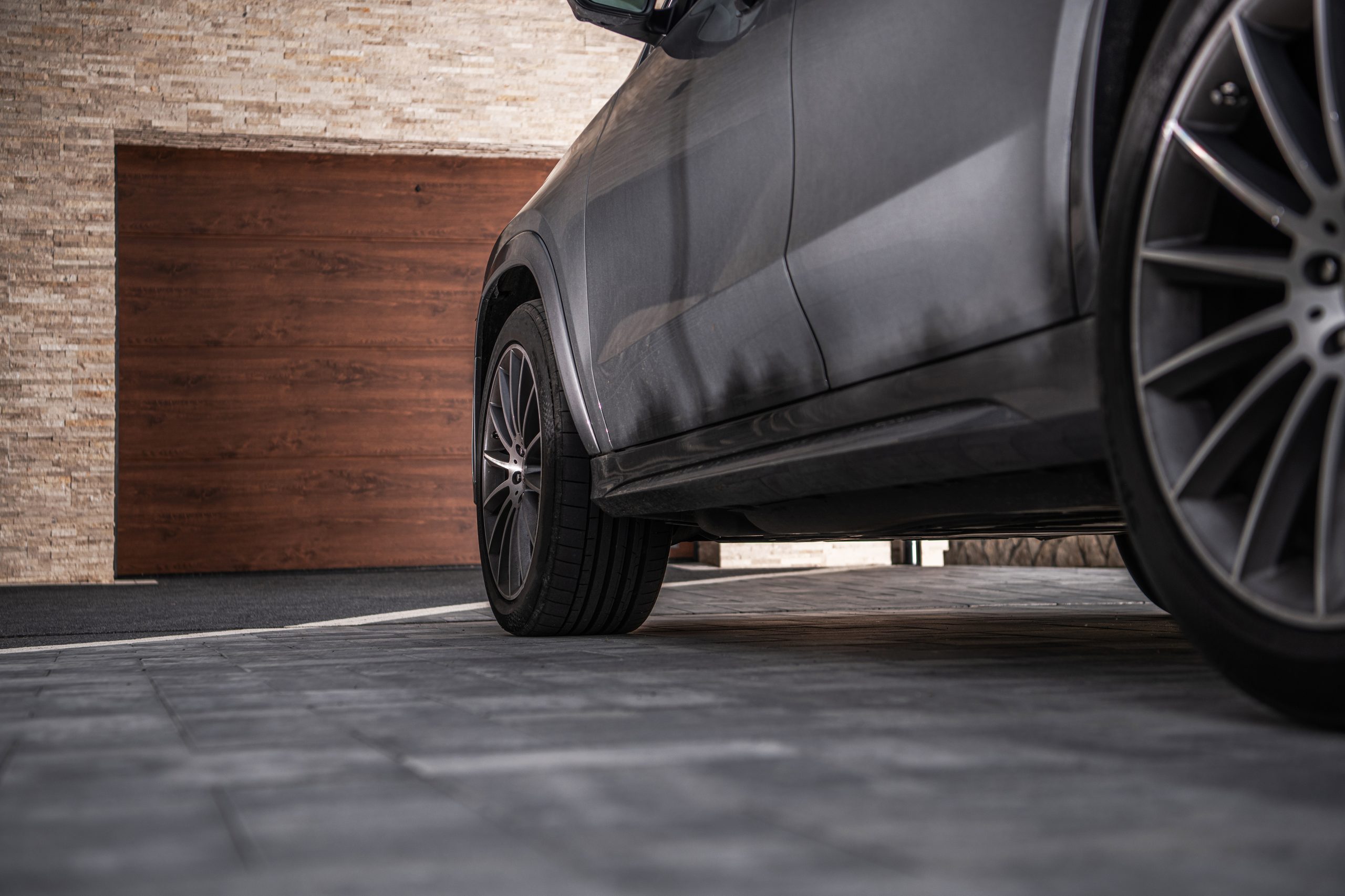Is your older asphalt driving faded, cracked and uneven? If so, you will probably be looking into replacement options sooner than later. There are many options when it comes to resurfacing your driveway, you can choose to stick with the standard asphalt driveway, choose a brick/stone, or choose to have a concrete driveway installed. Below we will be comparing asphalt driveways with concrete driveways by presenting multiple factors for you to consider in make an informed decision on your driveway replacement material.
1. Installation
No matter if you choose a new asphalt driveway or a concrete driveway, your old, worn out drive must be removed before the new driveway preparation can begin. Asphalt is the easier and faster material to install there is no framing required with asphalt. Concrete driveways are slightly more labour intensive, as the area needs to be prepped with wooden frames and smoothed out by hand.
2. Cost
A concrete driveway is more expensive than an asphalt driveway, this is because of the extra labour and time to prepare the area. Even though asphalt is considered a cheaper alternative, its cost is determined by the prices of crude. As a result, the cost of an asphalt driveway fluctuates relative to crude oil prices, so the difference between the two products will fluctuate.
3. Aesthetics
As with most products, beauty is in the eye of the beholder. However, concrete for most is the more aesthetically pleasing finished product, and adds more to your home’s curb appeal. An asphalt driveway is limited to its natural black color, where as a concrete driveway is more versatile and can be finished with any desired design and color. A concrete driveway can be stained, tinted, etched, or stamped to achieve any desired look.
4. Maintenance
Both asphalt driveways and concrete driveways require some maintenance. For asphalt it is recommended to initially seal your driveway between 6 months to 1 year after installation, and to reseal your driveways every 2-3 years following. A concrete driveway may also need to be depending on the finish chosen, and this should occur every 2-3 years again depending on the type of concrete finish chosen. You may also need to use a degreasing agent if you have oil stains seeped in to your concrete.
5. Repair
Both concrete and asphalt driveways are susceptible to cracks and sinking, but asphalt is more likely to develop divots and loss of colour. For asphalt you can by a liquid asphalt repair kit from your local hardware store to fill cracks and level off sunken areas, and by resealing your driveway you will bring back the original rich dark colour. For concrete driveways you can purchase epoxy repair kits to fill in cracks, and you can have your driveway slab lifted by a professional if it has sunk significantly. There are also epoxy kits that will allow you to completely resurface your concrete driveway. Repairing either type of driveway will require an investment in material and in time, or you can look to a professional to complete the task for you.
6. Durability
A concrete driveway lasts longer than an asphalt driveway, potentially lasting 50+ years if maintained properly. An asphalt driveway can also last long time, up to 30 years, but can develop large divots and cracks much quicker than a concrete driveway.
7. Climate and Weather Impact
A concrete driveway can be affected by extreme cold, resulting in cracking due to freezing and
thawing. It can also be damaged by road salt. On the other hand, asphalt is affected by hot weather, as it can soften and stick to shoes and car tires.
If you are debating between an asphalt or concrete driveway, your personal preference on the overall look as well as budget, durability, and maintenance should be considered before your final decision is made.


